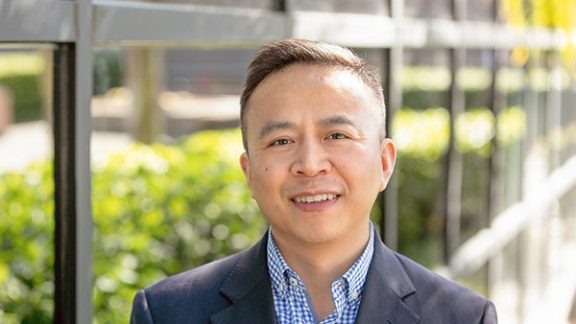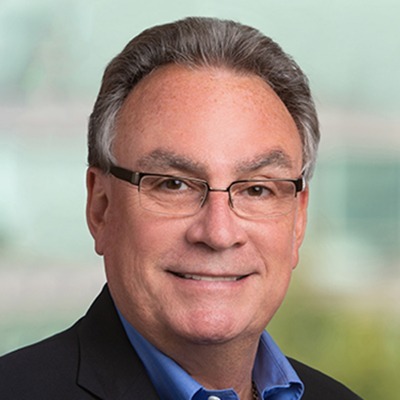Burlington, Mass., December 12, 2022 – Haley & Aldrich has announced its participation in the 2023 International Conference on the Remediation and Management of Contaminated Sediments. This event, organized by Battelle, will take place January 9-12 at the JW Marriott in Austin, Texas. Fifteen of the firm’s sediment experts will present five posters, co-chair three sessions, deliver two presentations, and participate in panel discussions.
“Haley & Aldrich is proud to participate again this year in Battelle’s sediments conference,” said Helder Costa, one of Haley & Aldrich’s national sediment practice leaders. “We have strong representation in cap modeling, construction, and monitoring; habitat mitigation and restoration; and field sampling methods and techniques, among many areas.”
Haley & Aldrich’s other national practice leader, George Hicks, added, “We’re excited about this opportunity to share our knowledge and successful outcomes and connect with others in the industry.”
Haley & Aldrich’s sessions, platform presentations, panel discussions, and posters are listed below, followed by titles, dates, and times.
Session co-chairs
- Sean Carroll (Senior Project Manager): Session C1, “NAPL and MGP Sites,” platforms January 10, 8-10:05 a.m.; posters on January 10
- George Hicks (Principal Consultant): Session E2, “Monitoring and Evaluating Remedy Implementation and Effectiveness,” platforms January 10, 10:05-12:35 p.m.; posters on January 10
- Helder Costa (Principal Consultant): “Contaminant Forensics,” platforms January 10, 1-3:30 p.m.; posters on January 10
Panel discussion
- Helder Costa and Garry Horvitz (Principal Consultants): Panel session chaired by Philip Spadaro and Steve Garbaciak: “Will sediment caps last forever? And how should we address the possibility that they don’t?” January 10, Track B
Platform presentations
- Justin Ripley (Senior Engineer), Tom Holden (Technical Expert), Maris Mann-Stadt (Senior Engineer), and Todd Cridge (Senior Engineer): “San Francisco Bay mud: a case for estimating site-specific partitioning values in cap modeling,” Session D7, January 11
- Tiffany Thomas (Principal Consultant): “Forensic tools for the analysis of PFAS in the subsurface,” Session A3, January 10
Poster presentations
- Mark Kelley (Senior Hydrogeologist): “Using groundwater and surface water interactions to inform conceptual site model and remedy selection for benzene-impacted sediment,” January 11, 5:45-7 p.m.
- Ryan Scott (Senior Engineer, Remediation) and Mitch Owens (Technical Specialist): “Evaluation of a shoreline revetment reactive core mat nine years after deployment,” January 10, 5:45-7 p.m.
- Jessica Blanchette (Marine Biologist), John Bingham (Principal Consultant), and Mike Ehlebracht (Principal Geochemist): “Restoration of severely degraded custom plywood mill industrial waterfront back to productive nearshore and upland habitat,” January 11, 5:45-7 p.m.
- Maris Mann-Stadt (Senior Engineer), Sean Carroll (Senior Project Manager), and William Haswell (Market Segment Leader, Energy): “Upward NAPL seepage during reactive cap construction and post-installation strategy to identify and address problem spots,” January 11, 5:45-7 p.m.
- Darcy Metzler (Senior Project Manager): “Sediment sampling in a pandemic: a case study in adaptive planning,” January 11, 5:45-7 p.m.
- Darcy Metzler: “Microplastics: from source to sediment, an evaluation of fate and transport and the future of regulatory actions,” January 10, 5:45-7 p.m.
For more information:
Contact our media team.



